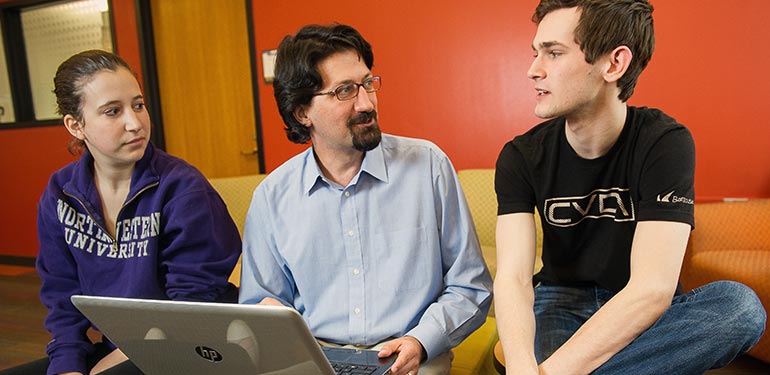Academics / Undergraduate / Computer Engineering Major (BS Degree)Curriculum and Requirements
Academics
/ Undergraduate
/ Computer Engineering Major (BS Degree)
The curriculum of the bachelor of science in computer engineering is continuously revised based on feedback from our constituents, including students, industry affiliates, and our advisory board. The common themes in computer engineering follow:
- A moderate number of required courses to allow flexibility in plans of study.
- Freshman/sophomore-level courses that provide broad overviews of the fields of electrical engineering and computer engineering.
- Exciting, hands-on labs and computer labs to complement lectures.
- A curriculum and courses relevant to current applications of computer engineering.
- Requiring team-based design projects and encouraging undergraduate research.

